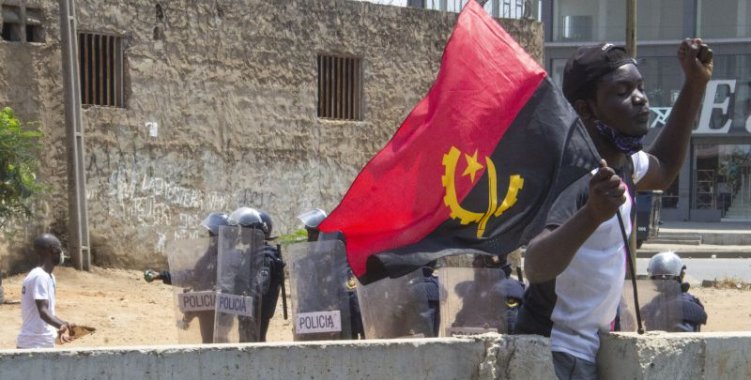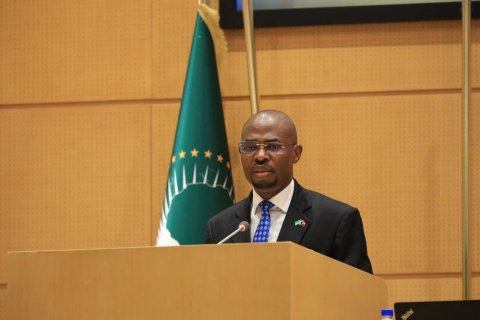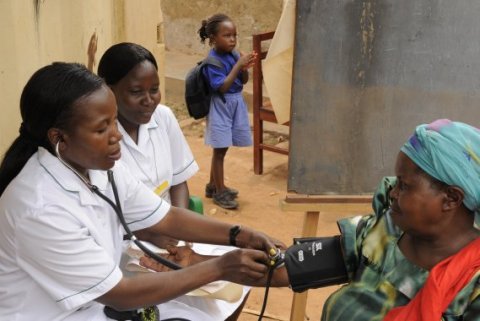According to the organization's annual report on the human rights situation in the world, released this Wednesday from the United States, the authorities in Luanda "showed difficulties" in containing the excessive use of force and police abuses against civilians.
"During 2020, the Angolan authorities struggled to contain the abuses of state security forces involved in deaths and excessive use of force against unarmed people who allegedly violated the restrictions imposed by covid-19," the document said.
According to HRW, during the March partial confinement in the context of the fight against the covid-19 pandemic in the country, "government forces reacted with the excessive use of force, which in some cases resulted in the death of unarmed innocent people" in response to many Angolans, especially street traders, who broke the rules to try to earn some money.
"State security forces were implicated by human rights groups and media in serious human rights violations, including murder, harassment and arbitrary arrest, while attempting to impose rules and restrictions," the report notes.
The document quotes another report, presented in early August by Amnesty International, which reported that the security forces responsible for enforcing the restrictions motivated by covid-19 had killed "at least seven young people between May and July 2020.
HRW reported the death in September of a doctor in police custody after being arrested for not wearing a face mask inside his car, a death that sparked protests from the population, who demonstrated on the streets of Luanda.
The authorities opened an inquiry into the circumstances of the doctor's death, but according to HRW, by early December the results of the investigation had not been released.
The police abuses were considered by the hierarchy as "bad actions" of "some officers" that should not undermine trust in the police.
The report also reports that even in the context of the covid-19 pandemic, authorities continue to pre-emptively detain "hundreds of people" for minor crimes, leading to a high daily influx of new detainees to jails.
"In May, the police released data showing that almost 300 people had been arrested within 24 hours for violating the rules of the state of emergency," the report said, adding that the authorities ignored the recommendations of human rights groups to consider alternatives to imprisonment and avoid arresting people for minor crimes.
In April, the authorities released some 1900 people on remand to try to prevent the spread of the coronavirus in prisons in the country.
On a positive note, the document notes the "progress made in respecting the rights to freedom of expression and demonstration", recalling that the country "has allowed several demonstrations and marches throughout the country".
Even so, HRW emphasizes that the repression against peaceful demonstrators and activists in the oil-rich enclave of Cabinda continued.
"In violation of the International Convention on Civil and Political Rights, to which Angola is a party, the authorities refused all requests from pro-independence activists in Cabinda to demonstrate peacefully. The police violently interrupted the protests and marches and illegally detained the participants," he said.
The report also speaks of arbitrary arrests of leaders of the independence movement and persecutions of activists inside their homes.
The Angolan authorities also maintained, according to the human rights organization, the policy of forced evictions and demolitions without "adequate alternatives to housing, even during the period of confinement.
HRW also highlighted the adoption, in February, of the country's "expected" human rights strategy, which makes them a matter of state security.
The document, which was first drafted in 2017, establishes that the country's human rights situation is subject to periodic assessment by the State Security Council, the introduction of an award to distinguish human rights activists and teaching as a subject in schools, among other issues.
The Angolan authorities also began in 2020 to implement measures to combat human trafficking which, according to the government, is reaching "alarming levels" in the country.







